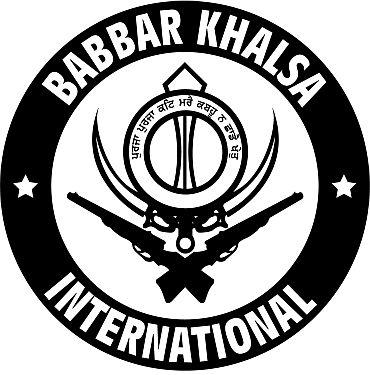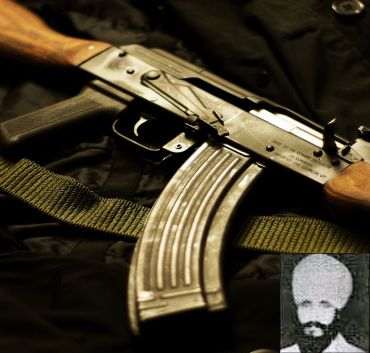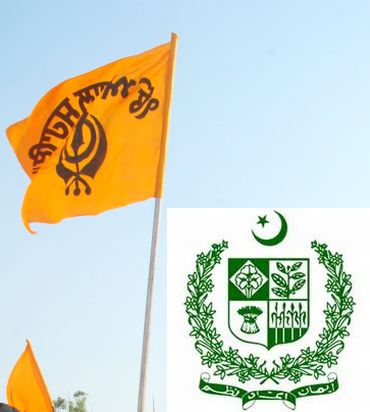 | « Back to article | Print this article |
The decade-old Babbar Khalsa-ISI love story
Vicky Nanjappa traces the origins of the bond between the Babbar Khalsa and Pakistan's Inter-Services Intelligence
Following the recovery of an explosive-laden car at Ambala, a lot has been written about the nexus between the Babbar Khalsa International and Pakistan's Inter Services Intelligence.
However, what needs examining is the manner in which the two outfits came together. Various dossiers point out that the actual link-up began a some time before the September 11, 2001 terror attacks in the US.
Even though the ISI sensed the importance of having the Sikh militants along its side, it desperately needed to justify the roping in of these militants who had fled India after the crackdown in Punjab.
The ISI and its affiliates like the Lashkar-e-Tayiba made public speeches to convince their activists about the similarity between their causes. Although not a single true Sikh in India would believe this ideology, for the ISI it worked well to convince their men of having to fight alongside the Sikh militants.
Click on NEXT to read further..
The decade-old Babbar Khalsa-ISI love story
The public speeches made in Pakistan then state that both Sikhs and Muslims had historic links and it was time that the two came together and fought against India. Moreover, the thrust was that both saw India as a common enemy.
The Sikh militants, who fled India, were received by the ISI, which provided them all facilities they needed.
During the initial years of their affiliation, the ISI provided several platforms to show the unity between the two. In 2001, Sikh Jathas (group of Sikh volunteers) made a visit to Pakistan when many public speeches that were made.
It was during the same time that the ISI created the Sikh Muslim Itehad Federation to carry forward the devious plan against India. The organisation not only recruited cadres but also was actively involved in the training programme.
Click on NEXT to read further...
The decade-old Babbar Khalsa-ISI love story
All along they had cities like New Delhi, Ludhiana and Amritsar on their radar. They even went up to the extent of carrying out major recruitment drives in rural Punjab. However, they were slow to start any sort of operation.
The recruitment process failed to generate the strength needed. Also, the ISI wanted to ensure that only Sikhs were part of this group, as the agency believed that only ideologically-charged individuals would battle better.
The likes of Ranjit Singh Neeta were imparted training by the ISI. Today, Neeta is actively involved in training Pakistani youth for the Kashmir movement.
Click on NEXT to read further...
The decade-old Babbar Khalsa-ISI love story
Another outfit, the World Muslim Sikh Federation, comprised members of the Dal Khalsa, BKI, ISI and the Lashkar-e-Tayiba. However, this forum was political in nature and was aimed at spreading the ideology on a world platform so that they could get out sympathisers for the cause.
Yet another forum named International Sikh Muslim Friendship Organisation had its offices in Germany, Italy and the United Kingdom.
According to dossiers, these organisations conducted several meetings with youths, trying to convey to them that their lives would be better only if Kashmir an Punjab were separated from India.
Intelligence Bureau officials told rediff.com that the ISI has gone out of its way to help the Sikh militants. The association is so close that some of the militant chiefs use the ISI offices based in Lahore. The IB also says that the nexus is that close knit that both the BKI and the Lashkar-e-Tayiba share a common office at Nankana Sahib a town in the sub-divisional headquarter of Shekhupura in west Punjab, Pakistan.



